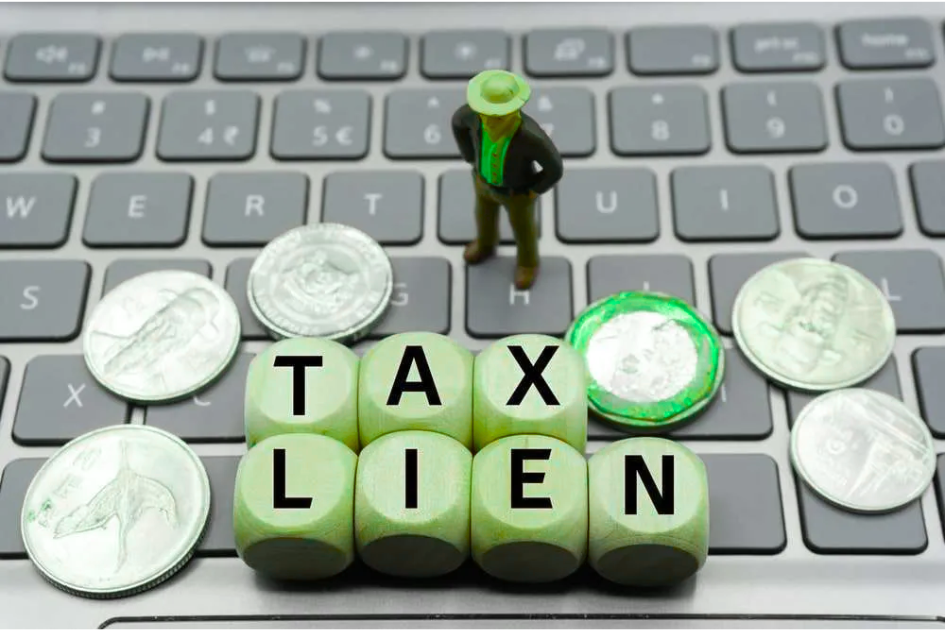If you’ve ever received a notice from the IRS or your state tax agency, you know how stressful it can feel. But here’s what many business owners and individuals don’t realize: tax debt doesn’t immediately become a lien. Instead, there are specific triggers that can escalate a debt into a legal claim against your property. Once that happens, your credit, assets, and even your ability to borrow money are on the line.
Understanding these triggers can help you take action early and avoid one of the most damaging steps in tax collection.
What Is a Tax Lien?
A tax lien is the government’s legal claim to your property when you fail to pay your tax debt. Unlike a levy (which actually seizes assets), a lien attaches to everything you own—your home, business property, bank accounts, and future assets.
It doesn’t mean the IRS or state immediately takes your property, but it does:
- Damage your credit profile.
- Show up in public records, making it harder to get financing.
- Put your business relationships at risk if vendors or partners see the lien.
Avoiding a lien starts with knowing what causes it.
Hidden Trigger #1: Ignoring IRS Notices
The IRS doesn’t jump straight to liens. It sends multiple notices and demands for payment first. The hidden danger is in ignoring those letters. Each missed response signals to the IRS that you’re unwilling—or unable—to resolve your debt.
🔑 Why it matters: Even if you can’t pay in full, responding and requesting a payment plan shows good faith and can stop escalation. Silence, on the other hand, is one of the fastest paths to a lien.
Hidden Trigger #2: Repeated Missed Deadlines
Filing late, paying late, or both sends a red flag. If the IRS sees a pattern of non-compliance, they’re far more likely to secure their interest with a lien.
Example: If you miss multiple quarterly tax payments, the IRS views you as a higher collection risk than someone who filed on time but fell behind once.
Hidden Trigger #3: Large or Growing Balances
The IRS has thresholds where liens are more likely. While they can technically file a lien for any unpaid debt, balances above $10,000 are much more likely to trigger one.
🔑 Pro tip: Even if you can’t pay in full, paying down your balance below that threshold—or setting up an installment agreement—can reduce your risk.
Hidden Trigger #4: Defaulting on a Payment Agreement
Many taxpayers breathe a sigh of relief once they set up an installment plan. But missing even a single payment—or failing to file new returns while on the plan—can default the agreement.
Default signals to the IRS that you’re unreliable, which is often when liens come into play.
Hidden Trigger #5: State Tax Debt Overlooked
Federal liens get the most attention, but state tax agencies can be just as aggressive. Some states file liens with much lower balances and fewer notices. If you operate in multiple states, overlooking one state obligation could land you with a lien faster than expected.
Hidden Trigger #6: Business Payroll Tax Issues
For businesses, unpaid payroll taxes are among the most serious triggers. The IRS treats these as “trust fund taxes” (money withheld from employees). Falling behind here almost guarantees escalated enforcement, and liens are common.
How to Stay Ahead of a Tax Lien
The good news? You often have options before things get to the lien stage:
- Respond to every IRS notice—even if you can’t pay.
- Set up a payment plan early to show cooperation.
- Consider an Offer in Compromise if your debt is unmanageable.
- Stay current on new filings and taxes to avoid compounding the issue.
- Work with a professional to negotiate and communicate with the IRS.
Bottom Line
A tax debt doesn’t automatically become a lien—but ignoring the hidden triggers that push the IRS to act can put your assets and credit at serious risk. By recognizing these warning signs and responding quickly, you can often stop the process before it reaches that point.
If you’re already behind, don’t wait for the lien notice to show up. The earlier you address the issue, the more options you’ll have to protect your business and personal finances.


Who knew being bad at math could lead to losing your stuff? 😂 Great reminder that even if you cant pay the IRS in full, just *talking* to them isnt enough – you gotta be *charming*. Paying below the $10k threshold sounds like a secret financial mission, right? And missing one payment on a plan? Oof, thats like showing up to a date wearing socks and sandals – instant default! But hey, at least the article is *honest* about state tax collectors being like that overachieving sibling who notices everything. Definitely need a good tax strategy, or maybe just a really big box of cookies for the IRS auditor. 😉football bros
Who knew being bad at math could lead to losing your stuff? 😂 Great reminder that even if you cant pay the IRS in full, just *talking* to them isnt enough – you gotta be *charming*. Paying below the $10k threshold sounds like a secret financial mission, right? And missing one payment on a plan? Oof, thats like showing up to a date wearing socks and sandals – instant default! But hey, at least the article is *honest* about state tax collectors being like that overachieving sibling who notices everything. Definitely need a good tax strategy, or maybe just a really big box of cookies for the IRS auditor. 😉